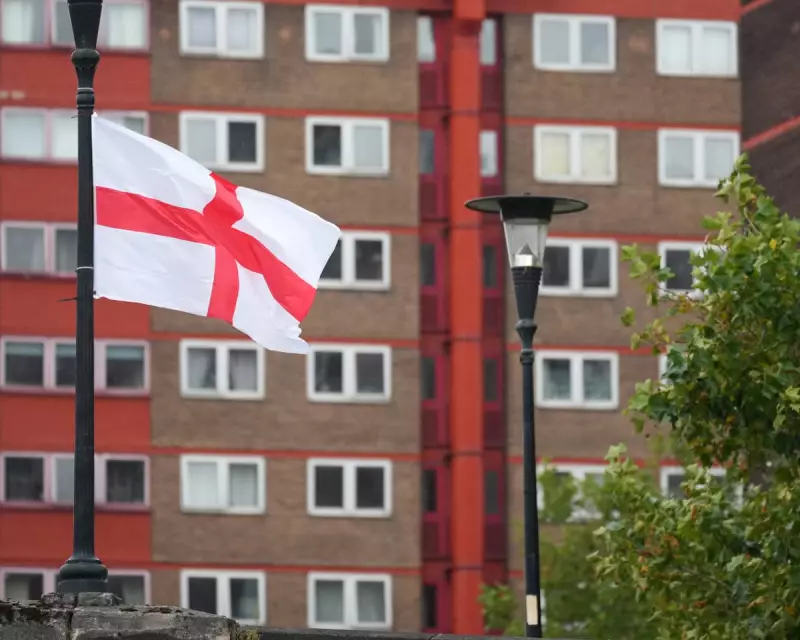
On streets across England, from suburban gardens to city centres, a familiar red cross on a white background is appearing with increasing frequency. But the growing visibility of the St George's Cross has ignited a passionate national conversation about what it truly represents in modern Britain.
A Symbol Divided
The flag that once primarily flew during international football tournaments has become a year-round fixture in many communities. Its supporters view it as a proud declaration of English heritage and identity, particularly in an era of constitutional uncertainty following Brexit and Scottish independence debates.
"For too long, expressing English pride was seen as somehow embarrassing or inappropriate," explains cultural historian Dr Emma Forrester. "Many people now feel empowered to reclaim their national symbol without apology."
The Association Problem
However, the flag's adoption by far-right groups and football hooligans has created a complicated legacy. For many Britons, particularly in diverse urban communities, the St George's Cross carries connotations of exclusion and aggression rather than unity.
Community activist Amir Khan notes: "When you've seen groups waving that flag while shouting racist abuse, it's difficult to separate the symbol from that experience. The context matters enormously."
Generational Divides
The perception of the flag varies dramatically across different age groups. Older generations often associate it with traditional values and wartime spirit, while younger Britons are more likely to view it through the lens of contemporary identity politics.
University student Lauren Mitchell observes: "My grandparents see it as purely patriotic. For my generation, it's more complicated - we're aware of how symbols can be weaponised."
The Political Dimension
Politicians have approached the flag with caution, wary of alienating either side of the debate. While some Conservative MPs have embraced it as part of a broader English identity movement, others across the political spectrum warn against reducing complex issues of national identity to symbolic gestures.
Finding Common Ground
Amid the polarisation, community initiatives are emerging that attempt to reclaim the flag for inclusive purposes. Local events that incorporate the St George's Cross alongside celebrations of multicultural Britain suggest a potential path toward reconciling the symbol's divided meanings.
As Britain continues to navigate questions of national identity in a changing world, the debate over this simple red and white cross reveals much deeper tensions about who gets to define what it means to be English today.





